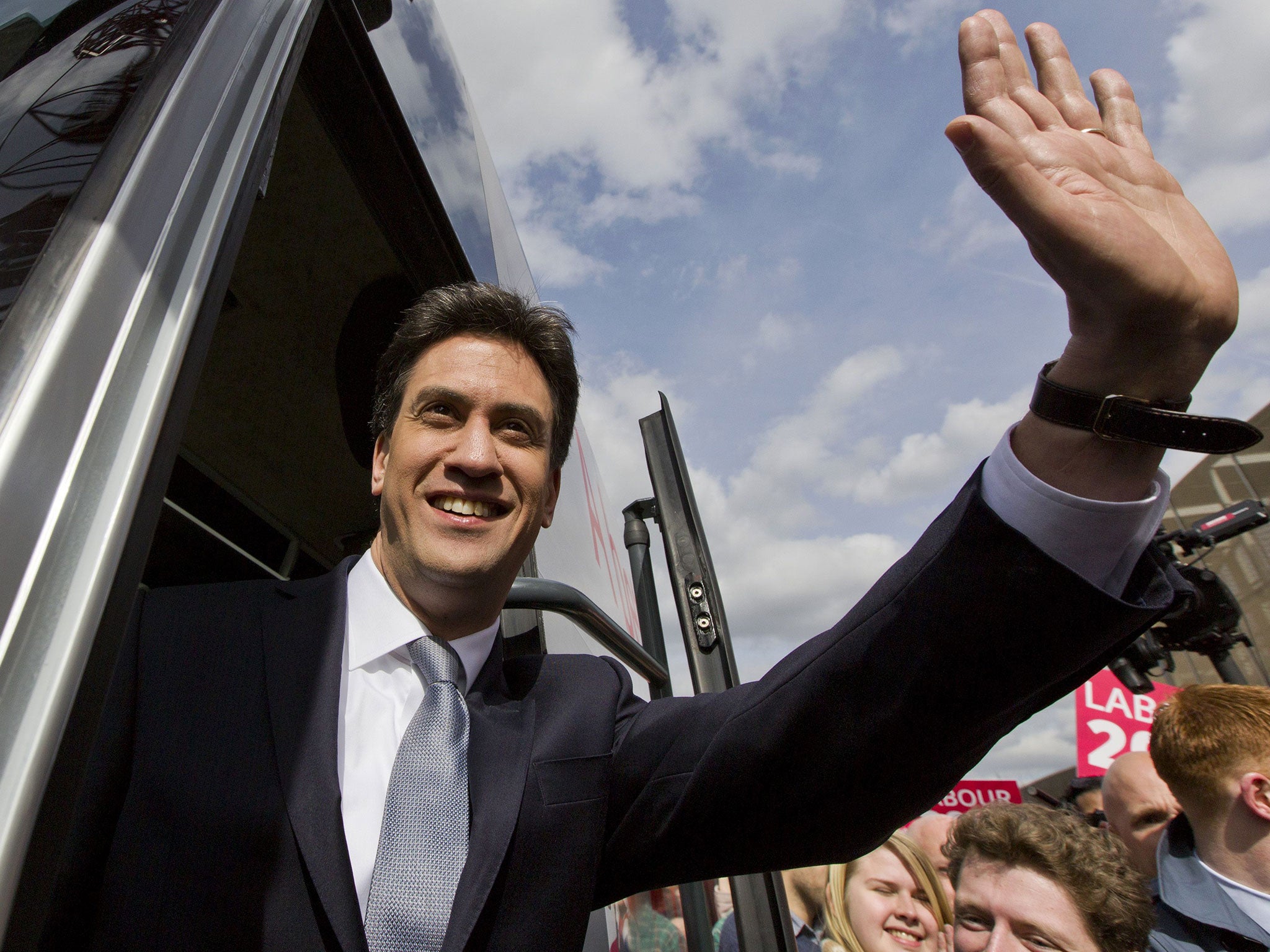Miliband’s Business Plan: is UK membership of the EU as important as Labour says it is?
What 'Brexit' would mean for business in five charts

Ed Miliband has announced his plan for UK businesses. His campaign is based on reassuring business owners that Labour is not anti-profit, while reiterating the importance of the keeping the UK in the EU.
In the speech, which is available to read in full, Miliband said that Cameron’s promise to hold a referendum on EU membership by the end of 2017 has damaged the UK’s relationship with the EU and created an environment of uncertainty in which UK businesses cannot plan for the future.
"Our long term future lies inside, not outside, the European Union. There could be nothing worse for our country or for our great exporting businesses than playing political games with our membership of the EU," he said.
Businesses see EU membership as one of their core election concerns. Miliband is hoping his opposition to a referendum will win the support of business and industry who are worried about other Labour policies, such as a tax on bonuses.
But is EU membership as key as Miliband says it is?
If the UK leaves the EU, fails to strike a trade deal or reverts to protectionism, taxing imports to protect UK goods, GDP could be 2.2 per cent lower by 2030.
If the UK leaves the EU, strikes up liberal trade arrangements and pursues large-scale deregulation at home, GDP could increase 1.6 per cent by 2030.
A mixed policy approach is more likely to result in a permanent loss of up to 0.8 per cent of GDP or a permanent gain of up to 0.6 per cent.
Outside of the EU, the UK could:
• Strike new trade deals with the rest of the world
• Pursue lighter and more tailored regulation not possible under EU membership, saving money on the commitments outlined below
Cars, chemicals and food would be subject to the highest tariffs, above 4 per cent, if the UK left the EU, giving them a greater chance of disruption. The following table by Open Europe shows the effect that a Brexit would have on a range of exports.
To get an even better idea, the following data visualisation by Gavin Thompson shows the trade balance for different UK goods and services. Products with a negative value are net imported products that the UK buys more than sells. Further along the x-axis are mineral products and chemicals of which the UK is a net exporter.
The products highest up the y-axis are subject to the greatest tariffs. By looking at the largest bubbles with a negative balance, it is possible to see what products would become more expensive if the UK was no longer a member of the EU.
Brexit would also weigh heavily on the finance sector. Many global banks have headquarters in London to make use of passporting rules, which allow financial firms to conduct business in any state within Europe under the same rules.
The UK may be able to secure good trading agreements in the event of UK secession from the EU. Miliband's focus is however on the disruption caused while these terms are agreed, which come at a key time in the UK's economic recovery.
Subscribe to Independent Premium to bookmark this article
Want to bookmark your favourite articles and stories to read or reference later? Start your Independent Premium subscription today.

Join our commenting forum
Join thought-provoking conversations, follow other Independent readers and see their replies